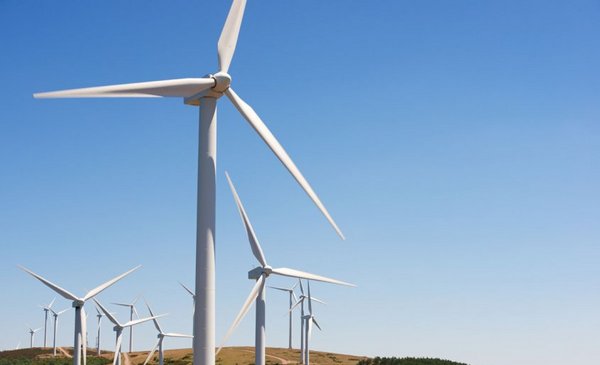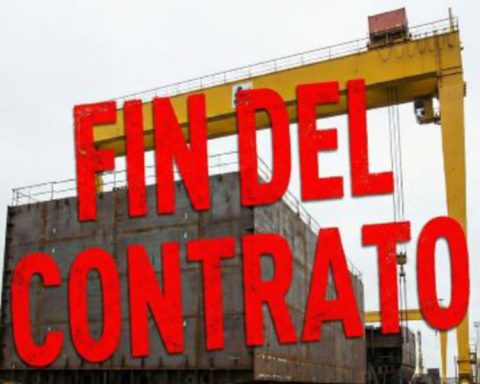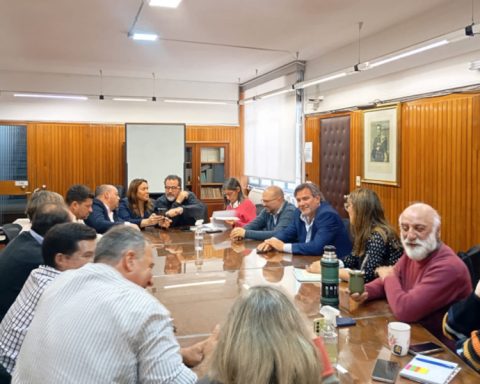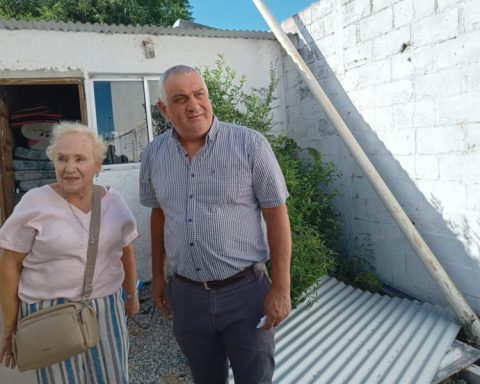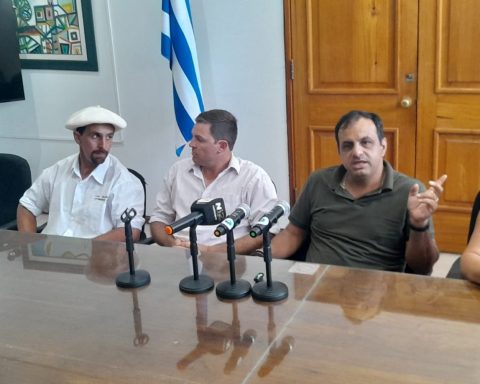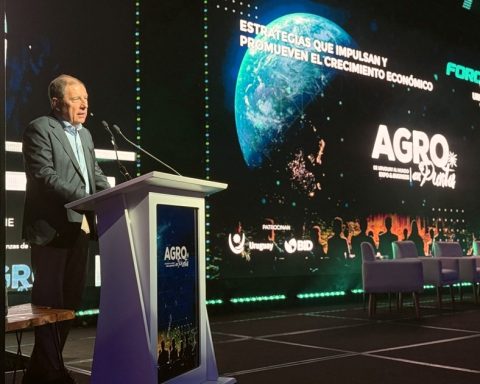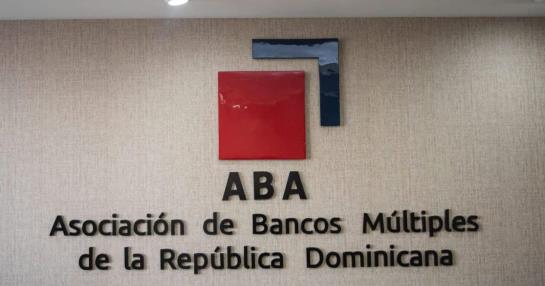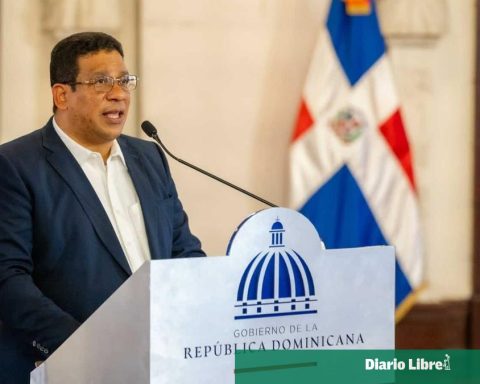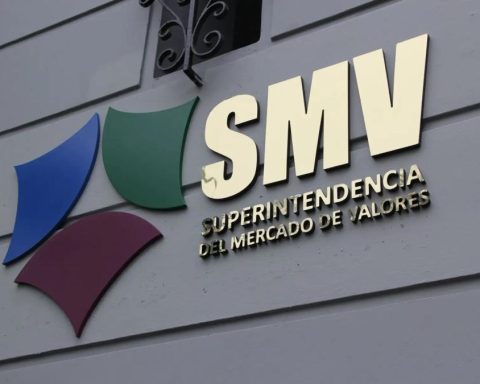In the always packed agenda of topics that UTE has, there are two points that in this first semester appear as keys for the company’s finances and whose evolution can move the needle. One refers to the dynamics of exports, the other, to contracts that the entity has with private energy generators for which it pays some US$ 500 million annually.
On the one hand, the company needs to resume energy exports to Brazil. Currently, the initial programming foresees income from exports ofe US$ 130 million for the year in a conservative projection. These figures take into account that today there is no firm contract with Brazil, a country that for much of last year hit by drought bought energy for about $600 million.
The representative of Cabildo Abierto on the UTE Board of Directors, Enrique Pées Boz, told The Observer that “We must try to ensure that the black swan” of exports “continues with a few more feathers” during 2022. At the end of 2021, the first contacts were made with the aim of closing an energy agreement with Brazil, and negotiations are expected to resume in the short term. The objective is to have a stable flow of sales “at acceptable prices” that would favor the income account and that would also allow better planning of generation in Uruguay.
On the other hand, Pées Boz understands the need “try” to cut costs. A “millionaire fixed cost” are the PPA contracts (for Power Purchase Agreements) signed from 2010, mostly with wind generators through different calls for bids that were made a decade ago in the framework of the change in the energy matrix.
Through this channel, UTE buys most of the wind energy from private companies that have contracts with the energy entity for terms of 20 years. These agreements also contemplate that the entity has to pay for the energy that it does not use, but that the generators are in a position to supply to the network.
“The idea is that since they are contracts that cannot be violated because the country’s own image is at stake, it has to be like an agreement. It has to be a win win. We think that conditions can be offered that private producers understand are good for them and that by lowering prices, for example, they have an extended term of the project. In projects that are very profitable, offering more years is still tempting”, considered the director of UTE.
“On the other hand, since all these projects somehow have bank financing, perhaps a bank is willing to support us in reaching agreements and refinancing debts. It is a whole package that we are studying and analyzing with the objective that those US$ 500 million that end up compromising and taking the costs to user fees can be reduced”, pointed. Currently, UTE pays between US$70 MWh and US$75 MWh on average for the wind contracts it has assets. The wind power capacity that is installed in the country is currently around 1,500 MW of the 2,200 MW from renewable sources.
The issue is being analyzed by the UTE authorities with the aim of reducing the fixed costs that are considered “disturb” financial economic analysis when viewed from the users’ perspective. In an interview with The Observer, the hierarch had already expressed concern about the weight gained by private power generation in the last decade and the way in which the change in the electrical matrix took place. On that occasion, he compared it to a “monster” that “was growing” and that has an impact on the company’s current and future costs.
Pées Boz told La Mañaña that if progress is not made on the issue of exports and contracts, “there will be a big problem,” because they will not reach the revenues increased by 3.5% (that was the January rate adjustment) to “bank the expenses”. “What falls when that happens is availability. It depends on us,” he warned.
